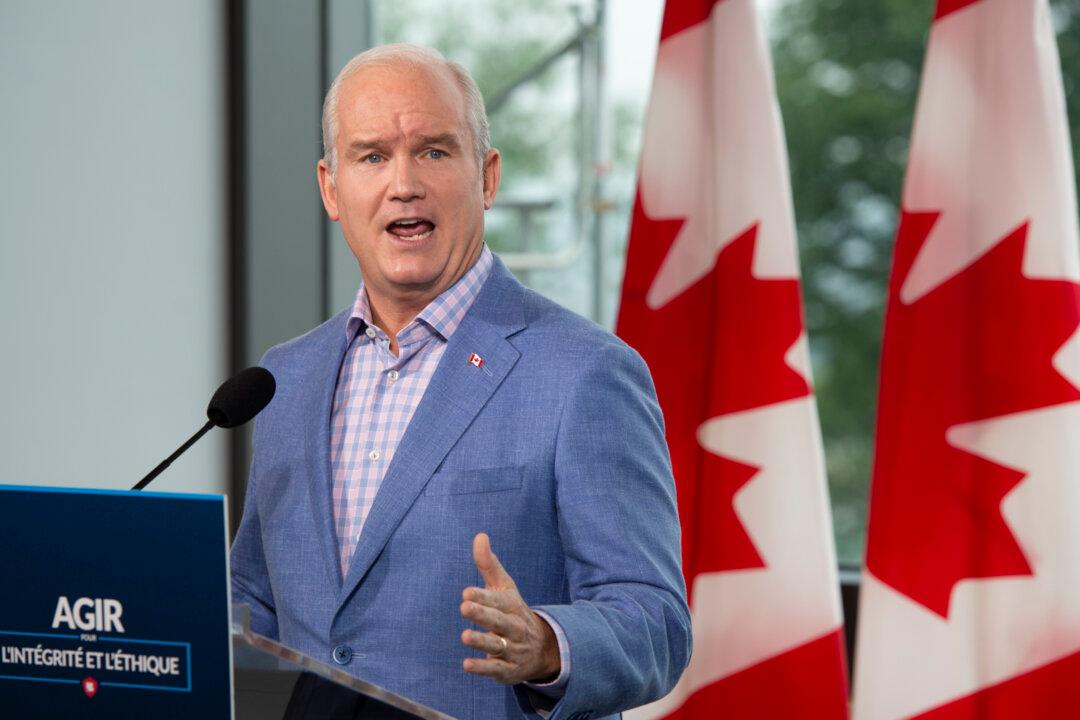Erin O’Toole has been removed as Conservative Party leader following a leadership review vote on Feb. 2 that saw 73 MPs in the caucus in favour of replacing him compared to 45 endorsing him. It’s a deja vu moment for the Conservatives, given that Andrew Scheer faced the same fate after losing the 2019 election.
Prior to the vote, O’Toole said the challenge to his leadership was coming from MPs who haven’t caught up with modern Canada. However, political observers contend that he abandoned core conservative principles during the election campaign, resulting in a loss of supporters, and that he was never able to unite the party’s factions.





